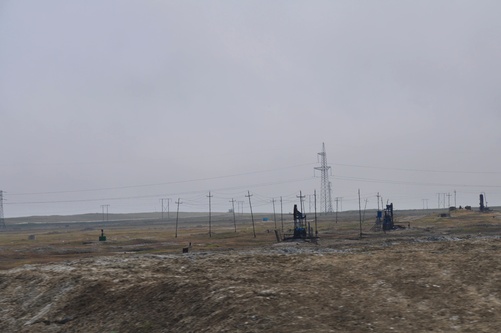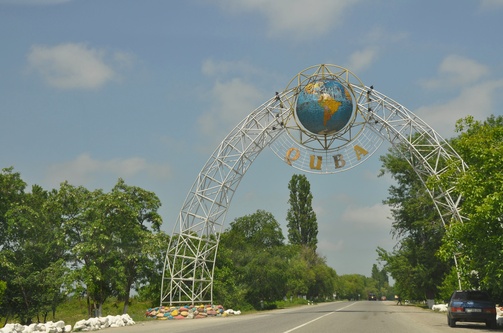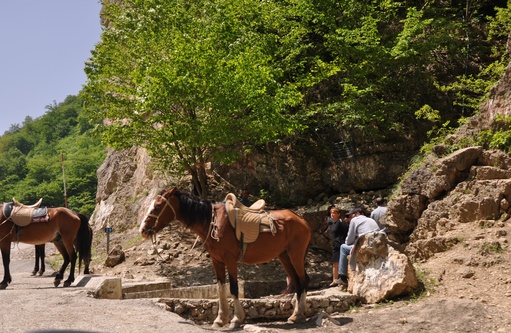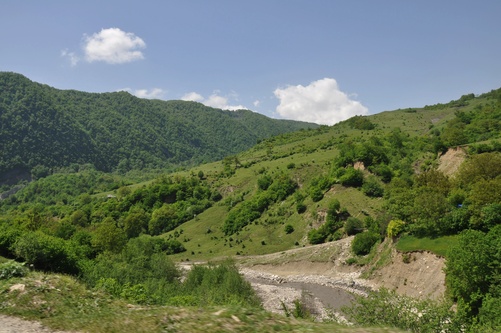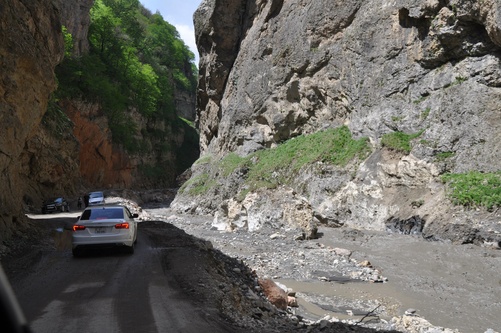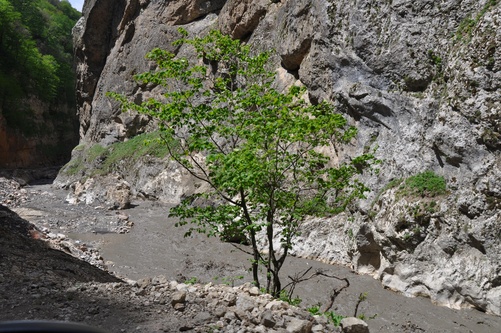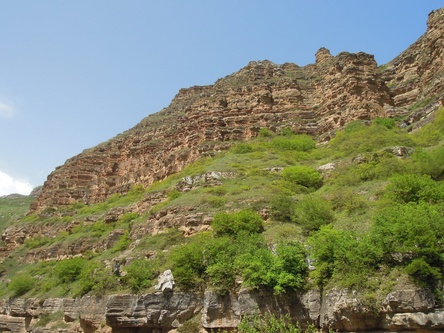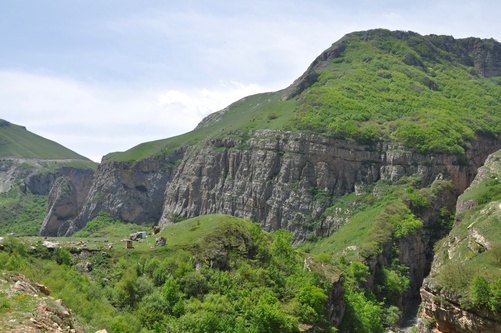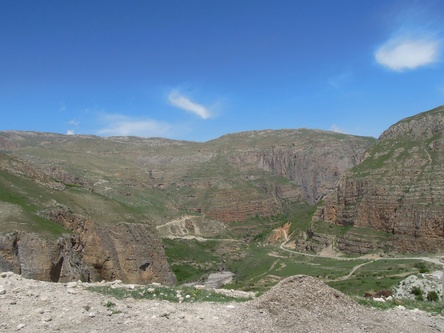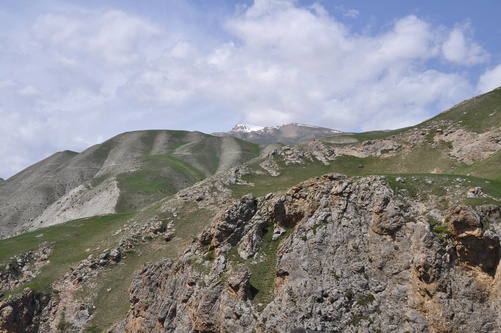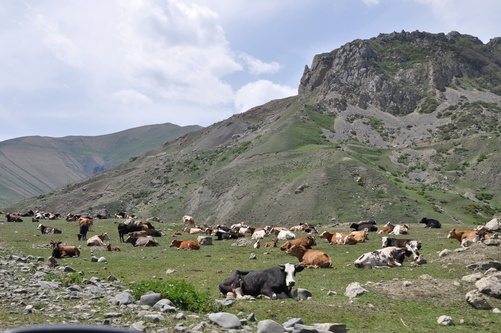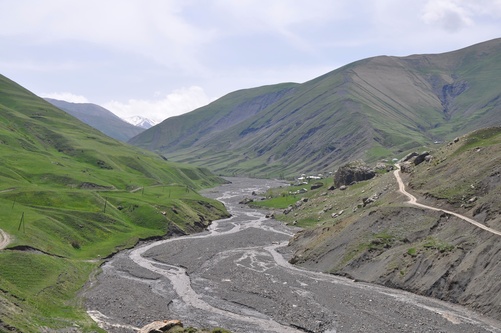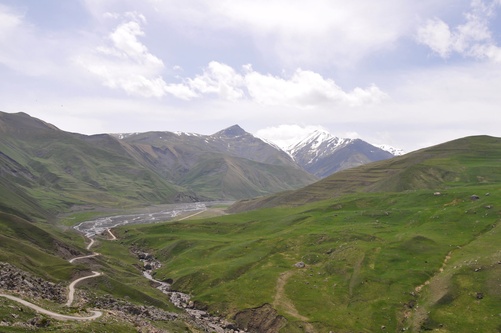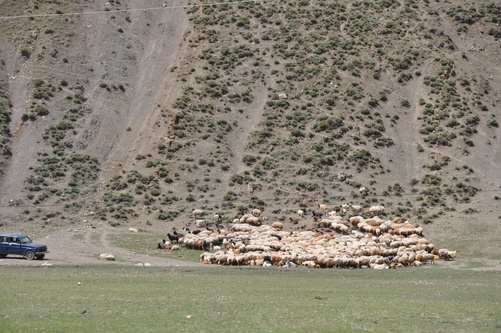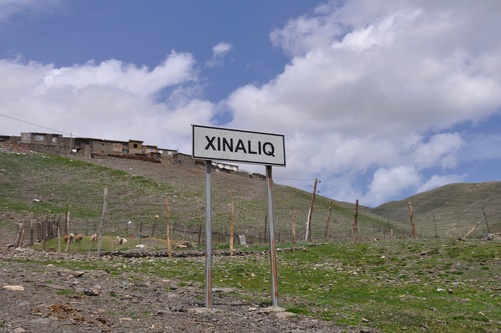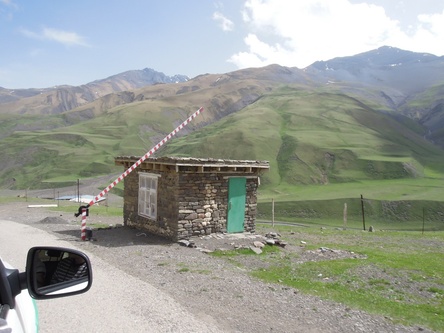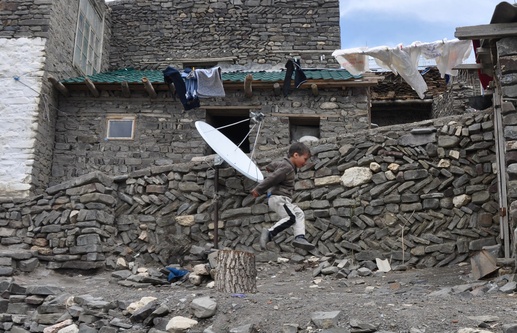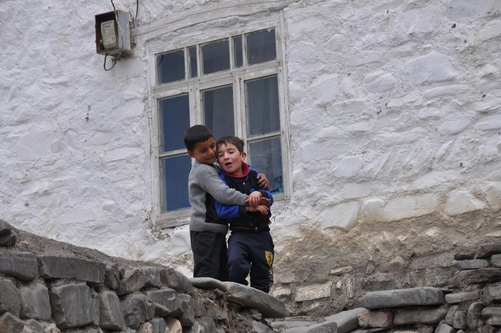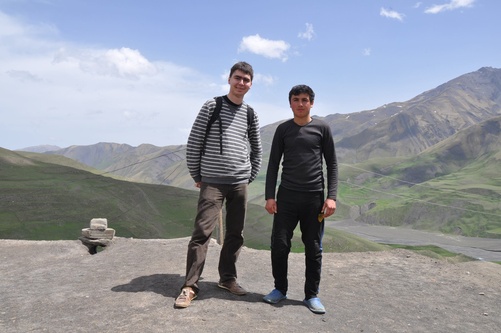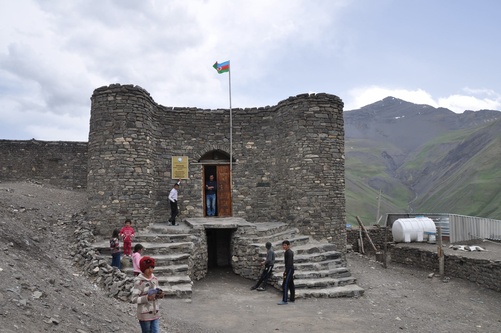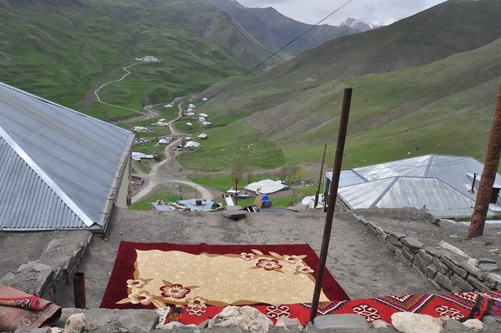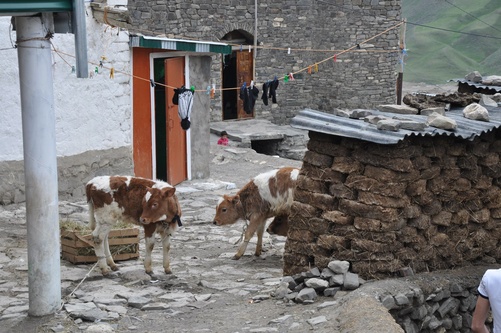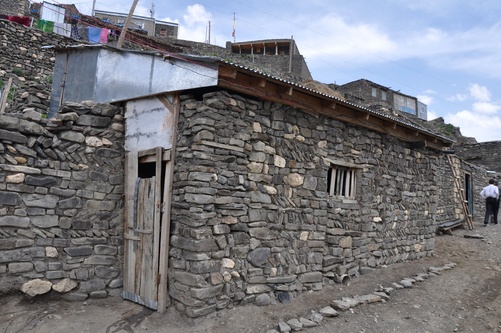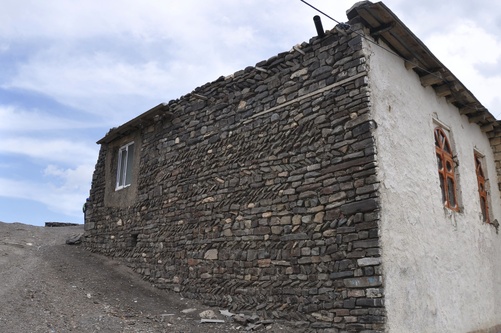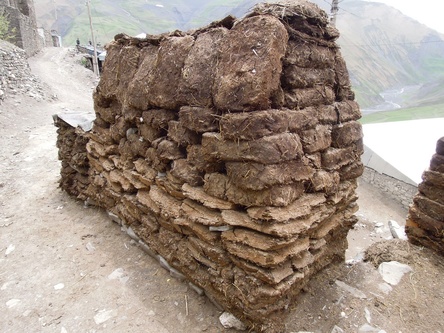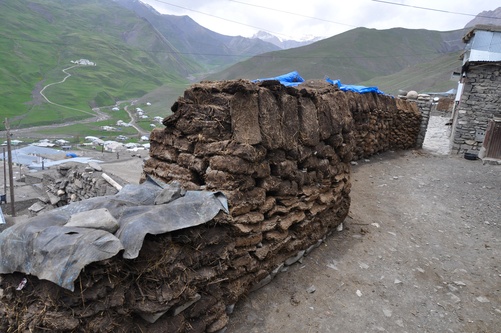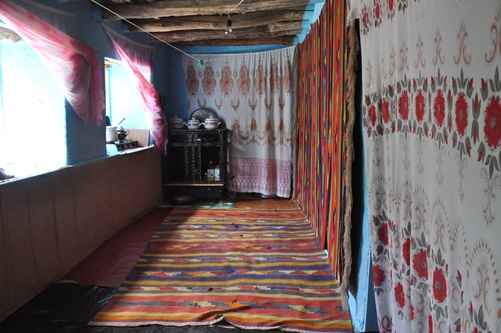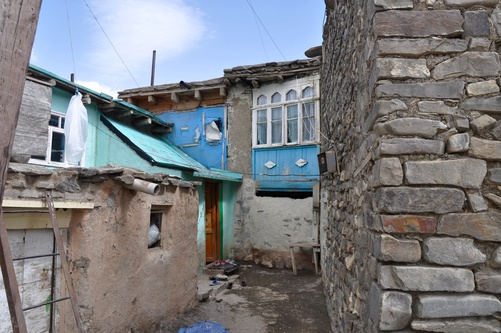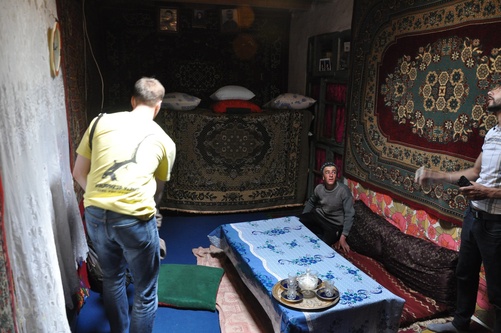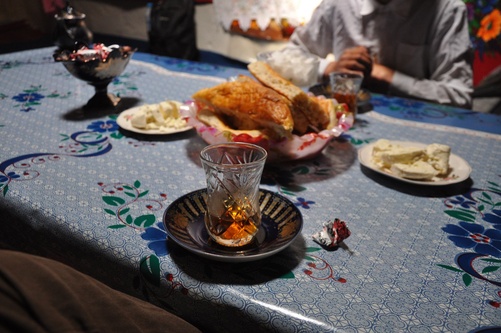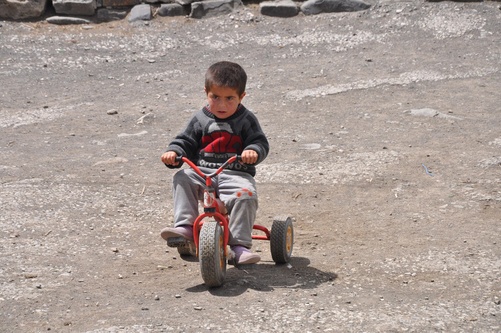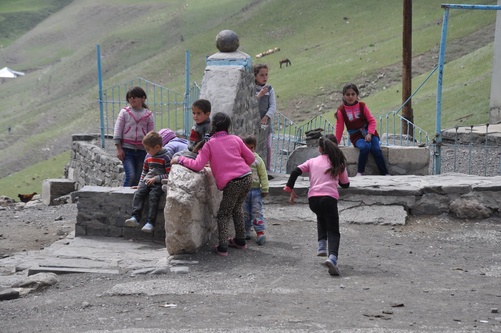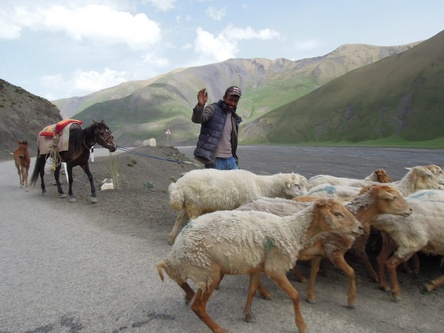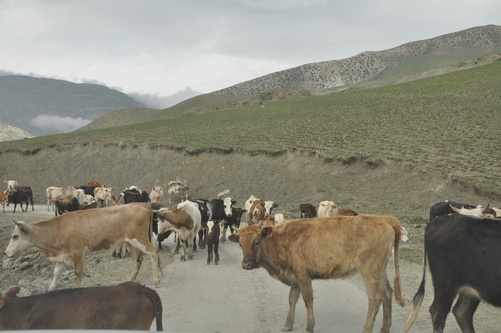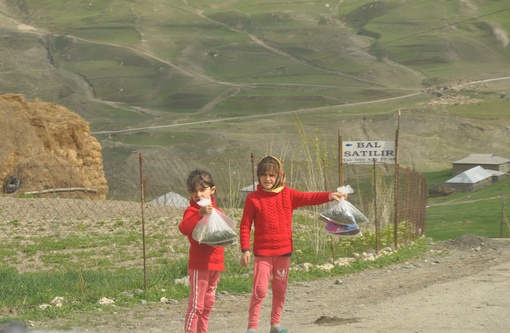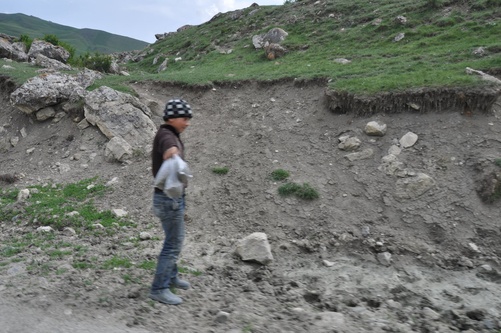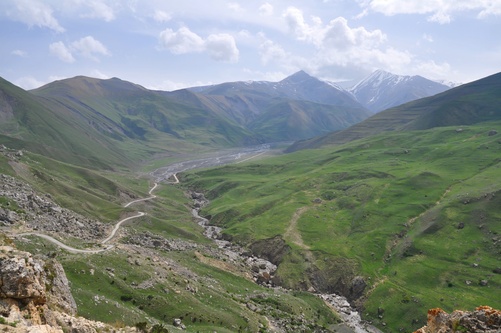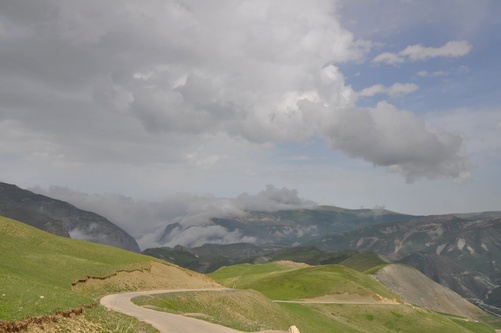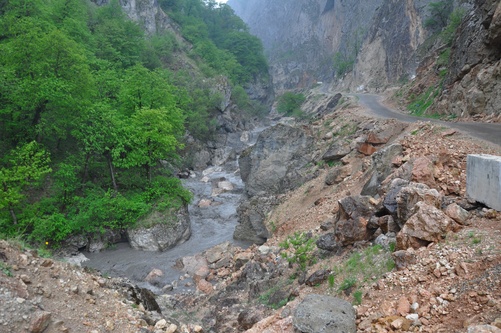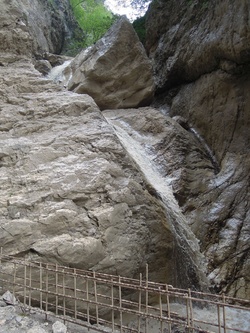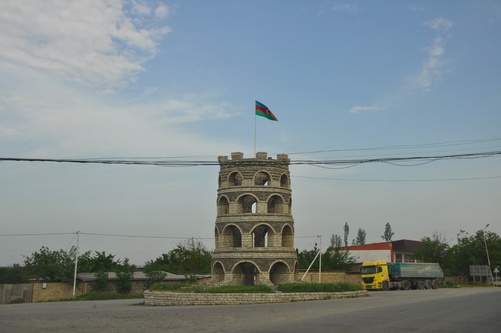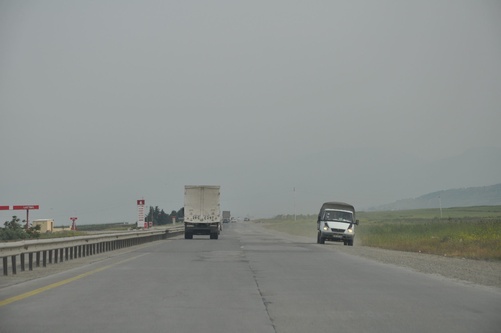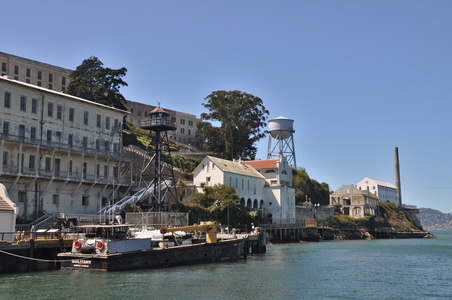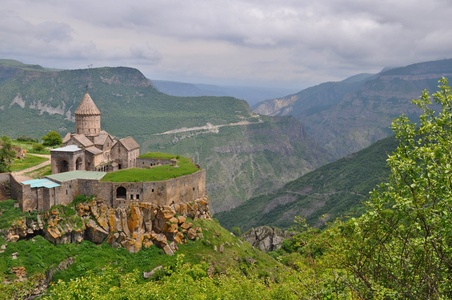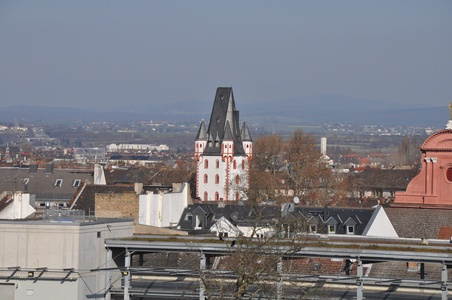Xinaliq 14.05.2017
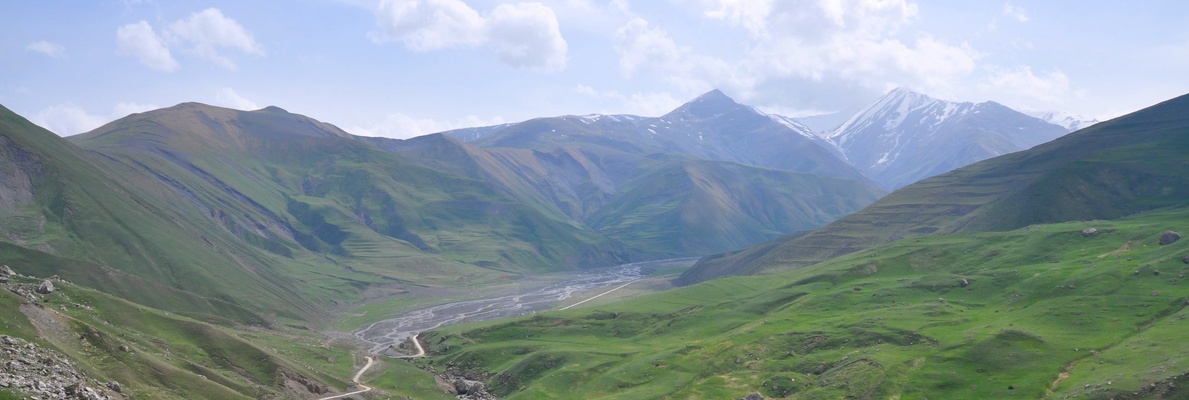
Mountain village of Xinaliq lays just a few kilometers away from the Russian border. There is no public transport available there, so the only option is to take a car. Take advantage of not driving the car yourself - it is well better to keep your eye on the picturesque scenery on both sides. From the oil wastelands to the green highlands.
Despite Xinalique is about 150 km away from Baku, driving there takes more than 3 hours due to poor quality of winding mountain roads near destination point. But this is overpaid by the scenery.
In some places it is quite difficult to give way to the upcoming traffic, and mini-jams occur.
Sometimes mountains resemble American canyons.
Very often one can observe herds of sheep and cattle.
Beyond this weird looking barrier, Xinaliq can be seen at last. It is famous for it's original Xinaliq language that is spoken here (and nowhere else in the world) among near 2000 inhabitants. Also they jealously keep their distinctive customs.
There are quite a few kids here, that run about on their own. Some of them notoriously try to sell local souvenirs to sporadic tourists.
Locals are very welcoming (sometimes even too much). We were followed by the group of Xinaliqans almost everywhere.
But after all this is quite a usual village.
Although it is easily spotted, that houses are constructed not from mortar and bricks, but from stones and clay.
The village is as high as 2000 m above the sea-level, and there are virtually no trees here. While winters are severe - temperature drops to -40C sometimes. Locals use dried animal's excrements as a fuel - no bother with wood or coal delivery.
We were even welcomed for a tea. Just regular house at the first glance.
But then you are stroked with enormous number of carpets and rugs inside. We were assured that they are produced locally, but this is hardly possible. Although bread and sheep cheese are very tasty and made here (or I was too hungry to tell).
There is no much paid work here. Villagers make it thanks to tourists.
We noticed many kids selling plastic bags with dried grass along the road. I can't tell what the grass it is (and is it), but these kids are numerous. And all children here (even not grass-sellers) are very shy of photography.
Drivers are not very polite here. They do not hold the distance, and drive out of the lane. Sometimes they can even drive the wrong direction. They are also not road police fans.
During Islamic Games it is prohibited for vehicles from other cities to drive into Baku. F or safety reasons obviously.
